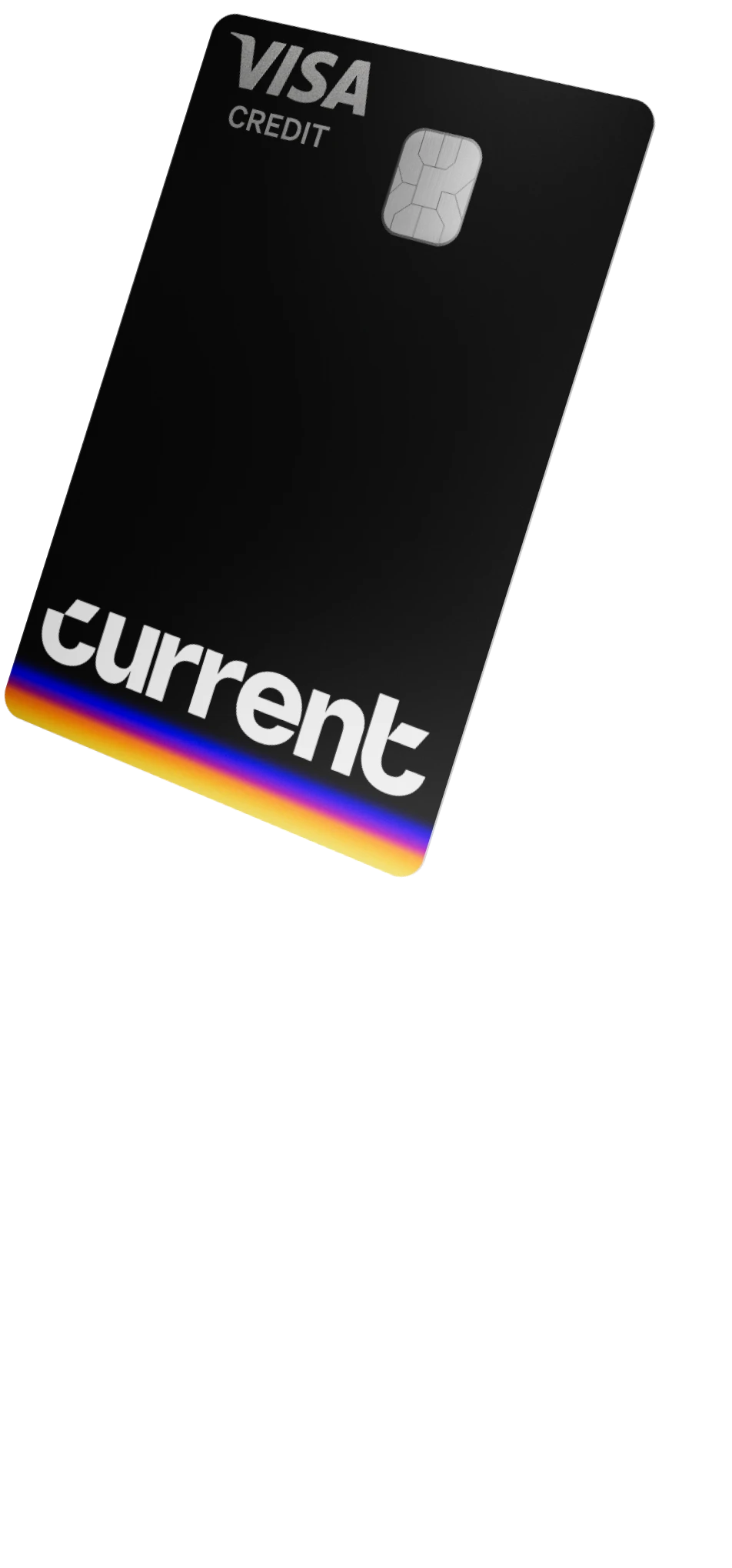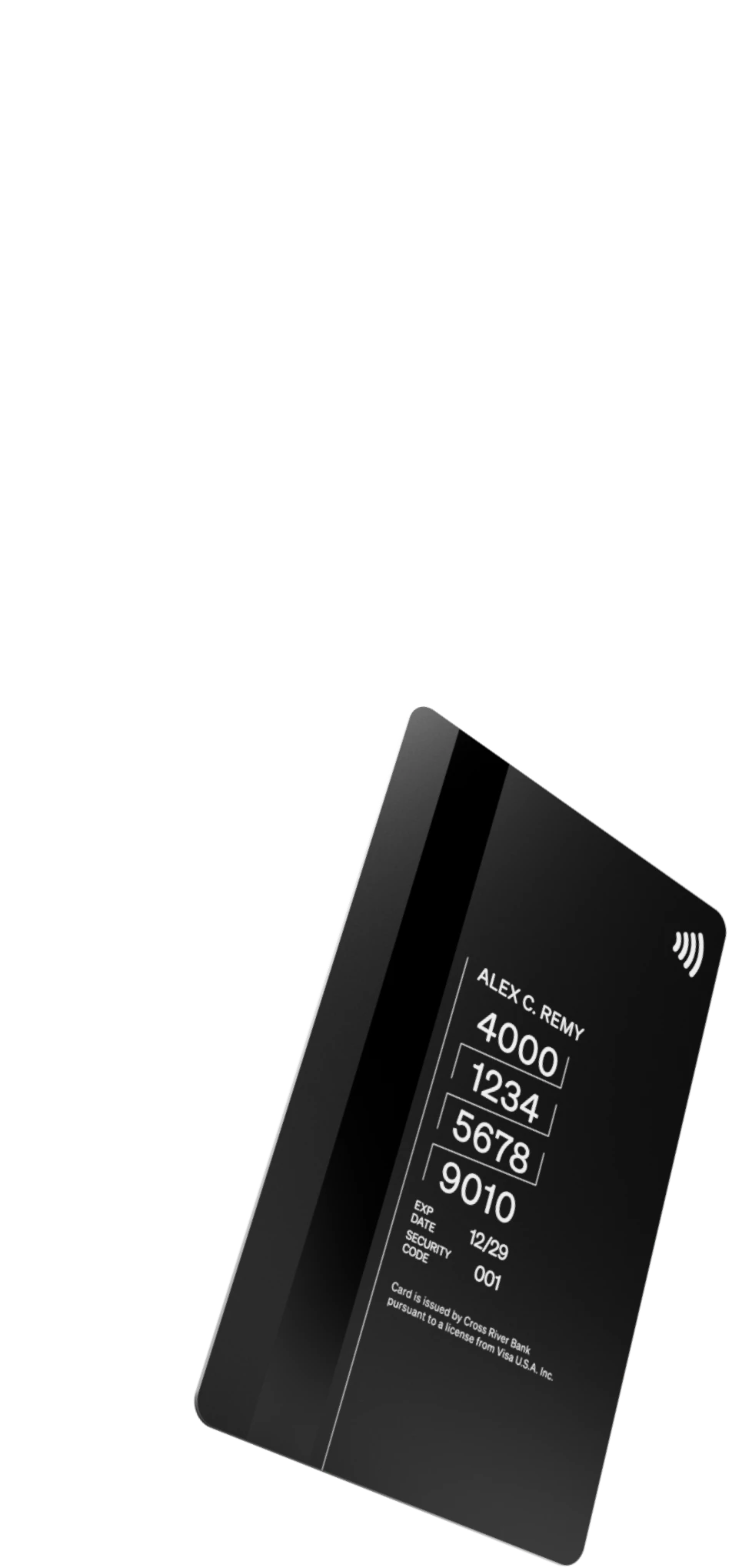Paying for gas with a credit card vs debit card

You pull up to the pump to fill up the tank. How much will the gas cost you? The final bill is unclear, both to you and to the owner of the gas station. But you choose to slide your debit card into the payment slot anyway.
Did you just make a big mistake?
More than half of all Americans prefer to use their debit cards to pay for gas. Sometimes, that simple decision has financial repercussions that can break your budget.
We'll walk through the differences between paying for gas with a debit card vs. a credit card. And we'll give you options you can use to pay for gas without risking your financial health.
Debit vs. Credit Transactions Explained
Gas stations run on tight margins, and they can't afford to let consumers drive away for things they haven't paid for. The methods gas stations use to protect their profits could end up costing consumers.
A typical transaction works like this:
- Authorization: You slide your card into a card feeder, agreeing that the company can take money out of your account.
- Hold: The company reserves enough money to cover a tank fill, even though you haven't completed the transaction yet.
- Purchase: You buy gas, but the hold amount isn't modified.
- Wait: The company "batches" orders and tells the bank how much each purchase is really worth.
- Release: The difference between the company's hold and your true purchase amount is given back to you.
This whole process can take 48 to 72 hours. During that time, you can't spend the money the gas station has claimed. If you fill up your tank with $20 of gas, but there is a $100 hold on your account, it’s a bad situation.
Gas is relatively inexpensive. If you live in Alabama, you'd pay about $2 per gallon in November of 2020. If you need 15 gallons of gas, your total bill is $30. But the gas station might put a hold on your card for $50 or even $100.
Use your credit card, and that hold is applied to your credit limit. You may never miss it. But use your debit card, and you've suddenly limited how much you have available to spend.
At Current, we offer instant gas hold removals for our Premium Members. We instantly remove the holds gas stations put on your card at the pump. This frees up those critical funds for you to use. We’re the only fintech that offers this feature.
How Can a Hold Hurt?
If you have loads of money available in your checking account, setting aside some to give to the gas station for a day or two can seem harmless enough. But for plenty of people, limiting spending like this comes with real consequences.
More than 75 percent of American workers live paycheck to paycheck. If you meant to spend $30 at the pump but lost $100 instead, you could find it hard to handle routine purchases like these:
- Groceries
- Rent
- School fees
- Pet food
- A night out
Money sitting with the gas station also isn't working for you. If you set those funds aside in a savings account, you could be preparing for a rainy day or a much-wanted purchase. Instead, you've just lost money that is rightfully yours, even if you only lose it temporarily.
If you didn't expect the expense and plan accordingly for it, you could also face more significant problems. About 18 percent of consumers have had an overdraft penalty fee assessed in the last year, and it's easy to see how a gas hold could lead to an overdraft.
Imagine driving away from the gas station with a receipt saying you spent $25. You relax, thinking that your automatic deduction for utilities is safe because you still have $55 left over. But the gas station actually took $75, leaving you with just $5 instead. You could face multiple fines for this simple mistake unless you bank with Current as we never charge overdraft fees.
3 Tactics to Try at the Pump
The average debit card is a dangerous gas-buying tool. But you don't need to commit to walking everywhere to keep your finances safe.
The next time you're prepared to buy gas, try one of these three tools instead:
- Cash: Just 7 consumers in 10 make a purchase with dollars and cents in an average week. If you do pay with cash, the gas station doesn't need to hold money in reserve. But you will need to bring enough to cover the cost of the entire bill, and estimating that isn't always easy.
- Credit card: Holds on plastic are less painful, as you're not losing money you've already earned. But up to 40 percent of Americans can't pay more than the minimum on the cards they have now. Each gas fill could add to the problem.
- Current debit card: At Current, we built our own banking technology, and we made a critical decision about gas purchases. We remove the holds that gas stations put on your card for our Premium members. We refund that amount immediately. Your money remains yours, period.
Buying gas is an important part of life for most Americans. Making a smart purchase at the pump can mean all the difference to your finances in the long run.
We work differently here at Current so you have access to all your money as quickly as possible. We’d love to tell you more about how we work. Download our app and sign up for an account in just two minutes.
Banking services provided by Choice Financial Group, Member FDIC. The Current Visa Debit Card is issued by Choice Financial Group pursuant to a license from Visa U.S.A. Inc. and may be used everywhere Visa debit cards are accepted.
References
GasBuddy Study Reveals Americans Prefer Debit Cards to Credit When at the Gas Pump. (August 2019). GasBuddy.
Credit and Debit Card Holds at Gas Stations. (2015). Connecticut General Assembly.
State Gas Price Averages. AAA.
78% of Workers Live Paycheck to Paycheck. (January 2019). Forbes.
Overdraft America: Confusion and Concerns About Bank Practices. (May 2012). Pew Charitable Trusts.
Why You Should Always Pay With a Credit Card at Gas Stations, Hotels, and Car Rental Companies. (March 2020). Business Insider.
More Americans Say They Don't Carry Cash. (January 2019). CNBC.
Almost Half of America Is Now Carrying Credit Card Debt, and More of It. (May 2020). CNBC.




